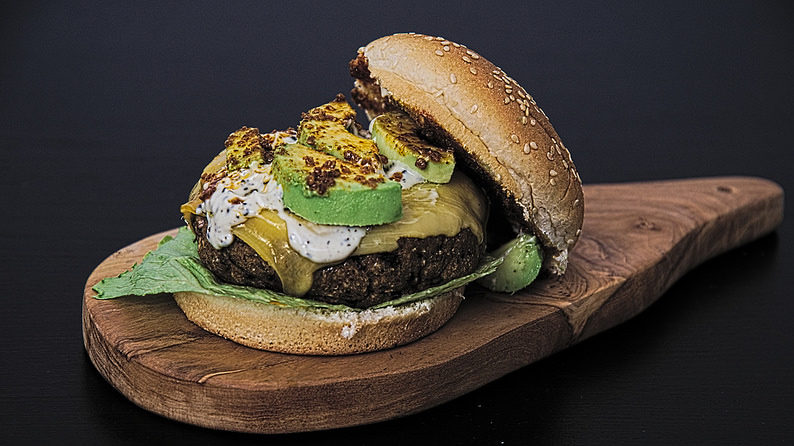The food tech industry currently represents less than 10% of the global GDP but it is expected to grow exponentially in the next few years.
Swedish Food Tech investors foresee the market value of this sector to reach 25-45 billion SEK by 2028 in Sweden only, equalling 1% of GDP, which is why visions of the future food industry were discussed during an afternoon session at STHLM TECH FEST 2018, a four day event that took place in Stockholm on September 1-4 and fully revolving around Innovation and Technology.
Ölof Sundström and G. Brandberg from the Boston Consulting Group and Gullspång Invest opened the session by expressing their expectations for Food Tech, an industry in which lay huge opportunities for investment, innovation and success not only in Sweden but all over the world.
We need a global strategy
While local strategies to develop technology in the food industry already exist, contemporary global processes such as growing population, evolving diet trends, and climate change require new integrated approaches to how we produce our daily calorie intake.
Brad Barbera, Director of Innovation at the Global Food Institute provides consulting services to pioneers of the meat-alternatives production industry. He sees this section of the food market not only as particularly profitable, as the demand for protein will rise in the next decade.
Developing plant-based food and clean meats is profitable and is also an opportunity to address contemporary social and environmental issues
The universe of meat alternatives is complex. While plant-based proteins are more efficient products than traditional meats, clean meats are made in labs from real animal cells, yet without the need for breeding animals. Indeed, the latter hold the potential of bringing benefits to the environment, human health, and our pockets: clean meats in the future may be cheap, healthier, and extravagant. In this regard, Barbera foresees designer meats rich in Omega 3 and tasting like filet mignon!


